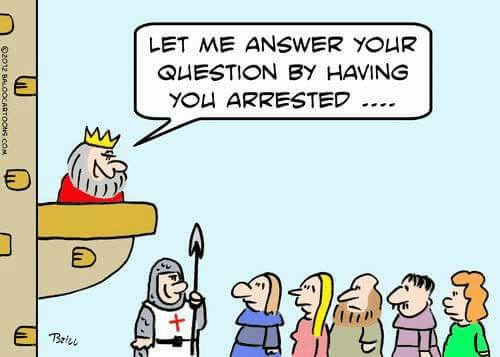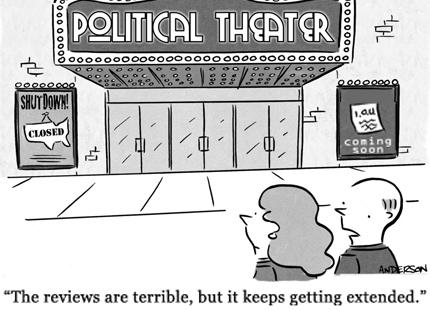For once, those promoting and opposing the so-called Sirata CUP (Conditional Use Permit) redevelopment project agreed on something. The law firm representing Columbia Sussex (the Sirata Resort) asked for a continuance of their CUP #23053. In response, attorney Jane Graham representing the advocacy group Protect St. Pete Beach (PSPB) wrote that it also “supports this request for a continuance,” albeit for different legal reasons.
See the entire relatively short commission meeting here.
PSPB has sued the city over the recent appointment process that resulted in 4 out of 5 commissioners now being appointed and not elected. Mayor Adrian Petrila is currently the only elected member of the city commission.

The commission voted unanimously to continue the hearing on the CUP until February 21, at which time most observers expect the two sides to once again strap on their antlers and start butting heads. Hence our choice of image.
The parties disagree on whether the commission is lawful as it exists now. Graham alleges that the current “appointed commission does not have the authority to meet and does not have the authority to vote” for the reasons stated in PSPB’s lawsuit.
“Her [Graham’s] contention is that this is not a lawfully seated commission,” said attorney Elise Batsel, representing Sirata. Batsel did not address that contention but said that her client wanted to reschedule the CUP hearing.
PSPB position is that any rescheduling would have to be done by a lawfully seated commission, and that the current one is not such a commission.
Many questions regarding whether the commission was “lawfully seated” or not remain. In that regard, when comparing how the agenda items looked for the four appointment meetings, the meeting on 1/9 for district 3 stands out because it didn’t say that an appointment to a vacant commission seat might be possible at the meeting.
See the wording of those four agenda items immediately below.

“All agendas are reviewed by the city attorney,” city clerk Amber LaRowe replied when asked about these differences in how the agenda items were worded.
Also, for the first three meetings, audience comments were taken before the agenda item in question. For the last meeting, audience comments were placed after the agenda item. That’s further indication that agenda item #3 on January 9th was purely a discussion item because receiving public comment only after an action item has been voted on is unlawful.
Florida law was changed some years ago to specify that such public comments had to be received before a vote because some agencies were taking them after their vote. Oddly, those events have never been documented by Ripley’s Believe It or Not.

In addition, there is a commission rule prohibiting public comment on discussion items. That rule was enforced during the 1/9 meeting on a different discussion item where a person was not allowed to speak for that very reason.
There are likely to be more issues and questions raised between now and February 21. We have uncovered some ourselves and plan to report on them in due course.
As always….the Guardian reports and the readers decide. Please like our Facebook page to find out when we publish new stories.


